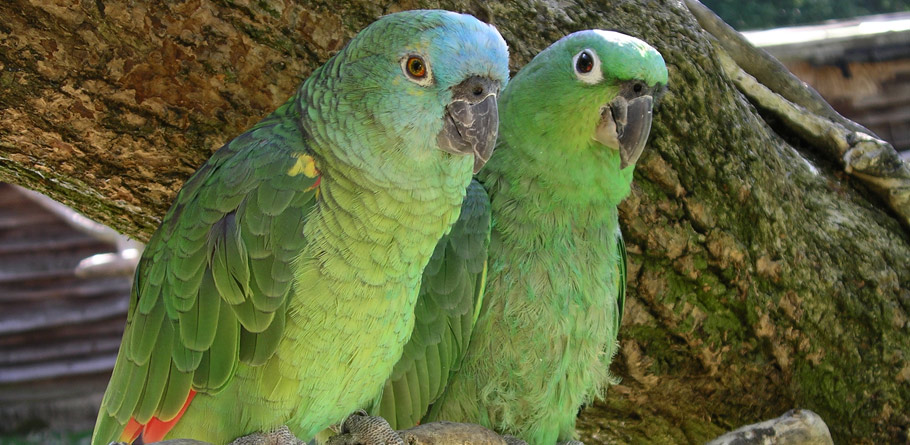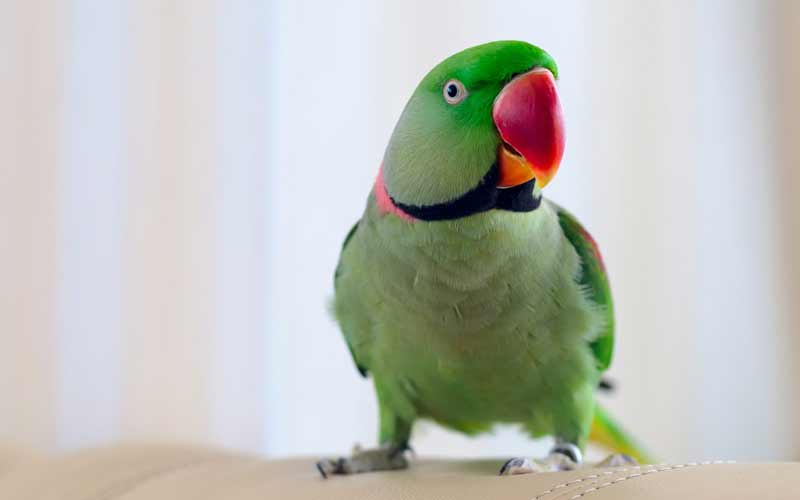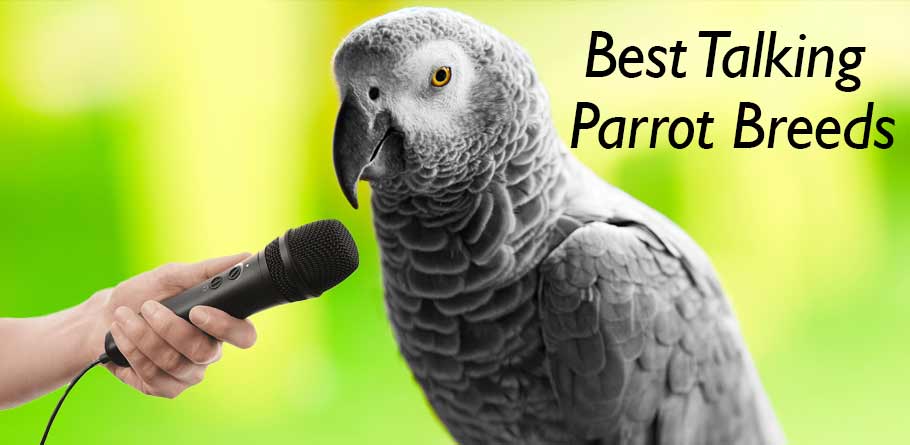The Ultimate Guide to Parrot Talking Training 2026

Let’s admit it — the idea of your parrot shouting “Hello!” or even copying your daily gossip is just too tempting. And if you’re here, chances are you’ve already tried saying “I love you” a hundred times hoping your bird will repeat it. Well, welcome to the club! At Taj Birds, we totally get the excitement (and frustration). That’s why we’ve put together this real, 2026-updated guide to help you actually teach your parrot to talk.
Step One: Bond First, Speak Later
Before your parrot can say anything, it needs to feel safe with you. No one opens up to a stranger — same goes for your feathered friend. Spend time daily just being around your bird. Offer treats, talk in a friendly voice, don’t force things. Once the bond is there, training becomes 10x easier.
Get the Basics Right: Step Up & Stay
If your parrot won’t even come to you, how will it listen? Start with basic behavior training like:
- Step Up: So they hop onto your hand.
- Step Down: So you can set them down calmly.
- Stay: For safety and focus during training.
Start Simple: Pick Easy, Fun Words
Think like a toddler. Start with short, clear words like:
- Hello
- Good boy/girl
- Bye
- Your name or your parrot’s name
Repetition + Reward = Magic
It’s simple: say the word → bird repeats → give a treat or praise. That’s how parrots learn. Every successful try, even a squeaky attempt, should be rewarded. Keep snacks ready — they’re your best training tool.
Make a Routine
Don’t make it boring. Do 5–10 minute training sessions twice a day. Always keep it fun. If your bird walks off or gets distracted — take a break. Short and sweet beats long and forced.
Use Contextual Learning
Say “Hello!” every time you enter the room. Say “Khaana” when you feed them. This helps your bird connect words to moments — that’s when real learning starts happening.
Stay Calm and Never Yell
If your bird doesn’t respond, it’s okay. Don’t shout or get angry — this only builds fear, not trust. Remember: parrots mimic tone as much as words. You don’t want your bird learning your angry voice!
Use Audio Aids, But Don’t Rely on Them
Recordings or apps are great to support your training. But nothing beats your own voice. Your bird knows you — your tone, energy, and emotion make a big difference in how quickly they learn.
All Birds Are Different — Respect Their Pace
African Greys might speak within weeks. Budgies might take months. Some parrots may never talk, but they’ll still bond, whistle, or mimic other sounds. Enjoy the journey — not just the words.
Not Working? Get a Pro
Sometimes, expert advice helps. If you’re stuck or your parrot seems off, reach out to a bird trainer or avian vet. Sometimes it’s a health issue, sometimes just the wrong timing.
Final Thoughts from Taj Birds
Teaching your parrot to talk is more than a party trick — it’s a bonding experience. Every whistle, every word, even every weird squeak brings you closer to your bird. Don’t rush it. Enjoy the process.
And when they finally say their first real word? Trust us — you’ll feel like a proud parent 🦜✨
Need help picking a talkative parrot or training gear? Visit TajBirds.com — Pakistan’s go-to store for healthy parrots, expert tips, and more.
FAQs
Can all parrots learn to talk?
Not all, but many can! Species like African Greys, Budgies, Ringnecks, and Amazons are great talkers. Some birds may never speak but still form strong emotional bonds.
At what age should I start training my parrot to talk?
You can start as early as 3-4 months, but even older parrots can learn. The key is bonding and consistent practice — age is just a number!
My parrot only whistles and doesn’t talk — is that normal?
Totally normal! Some parrots prefer mimicking whistles or sounds instead of words. Keep practicing speech, and they might surprise you someday.
How long does it take to teach a parrot a word?
It varies — some learn in days, others take weeks or months. Consistency, repetition, and positive vibes are the secret sauce.
What are the best treats for speech training?
Small favorites like sunflower seeds, millet spray, or fruit pieces (apple, banana) work great. Find what your bird loves, and use it only during training for motivation.
How does Parrot Talking Training work?
It involves daily repetition, bonding, and rewarding your parrot for mimicking words. Short, fun sessions work best.


